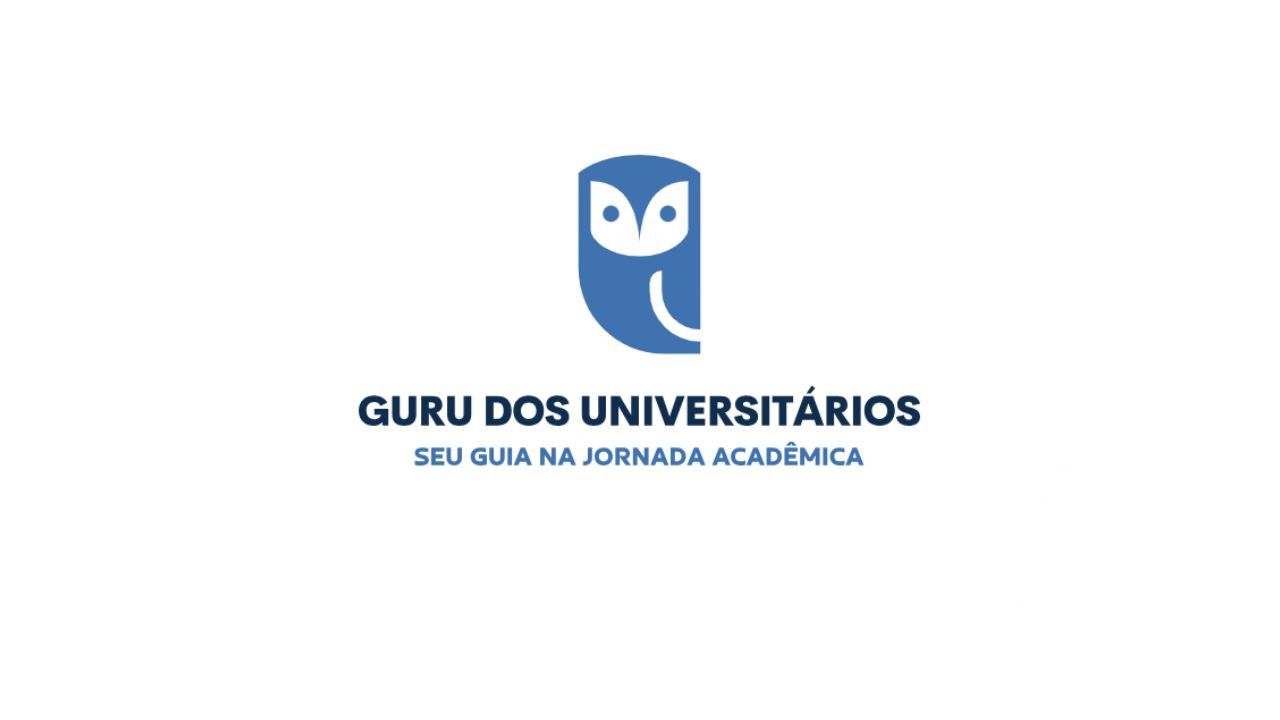Debunking Common Myths About University Education in Brazil
Understanding the Reality of University Education in Brazil
When it comes to university education in Brazil, several myths often cloud the perception of its quality and accessibility. These misconceptions can deter potential students from pursuing higher education in this vibrant and diverse country. In this post, we aim to debunk some of the most common myths about Brazilian university education.

Myth 1: Only the Wealthy Can Afford University Education
A prevalent myth is that university education in Brazil is only accessible to the wealthy. This perception stems from the expensive tuition fees of private institutions. However, Brazil hosts a robust public university system, offering free tuition to students who qualify through the competitive entrance exam known as the vestibular or the National High School Exam (ENEM). These public universities, such as the University of São Paulo and the Federal University of Rio de Janeiro, are renowned for their academic excellence.
Moreover, various scholarships and financial aid programs are available to support students from lower-income backgrounds. The government and private organizations offer several initiatives to ensure that financial constraints do not hinder access to higher education.

Myth 2: Brazilian Universities Lack International Recognition
Another myth is that Brazilian universities do not hold international recognition. While it is true that not all Brazilian institutions rank among the world's top universities, several have gained international acclaim. Institutions like the University of São Paulo and the State University of Campinas consistently appear in global rankings, showcasing their research output and academic quality.
Brazilian universities collaborate with numerous international institutions, facilitating student exchange programs and joint research projects. These partnerships enhance the global recognition of Brazilian degrees and offer students opportunities to gain international exposure.

Myth 3: Private Universities Offer Better Education
There's a common belief that private universities provide a superior education compared to public ones. While private institutions often boast modern facilities and smaller class sizes, this does not necessarily equate to better education. Public universities in Brazil are renowned for their rigorous academic programs and highly qualified faculty.
It's essential to recognize that both public and private universities have their strengths and weaknesses. The best choice depends largely on individual needs and career goals. Prospective students should consider factors such as course offerings, faculty expertise, and campus culture when selecting a university.

Myth 4: Graduates Struggle to Find Employment
Some believe that obtaining a degree from a Brazilian university does not significantly improve employment prospects. This notion overlooks the fact that Brazil's job market highly values tertiary education. Graduates from Brazilian universities often find employment in diverse sectors, including business, technology, healthcare, and academia.
The key to employment success lies in choosing a field of study aligned with market demands and actively engaging in internships or practical experiences during one's academic journey. Many universities offer career services to help students prepare for the job market effectively.
Conclusion: Embracing Opportunities in Brazilian Higher Education
Debunking these myths reveals that Brazilian university education is both accessible and valuable, offering numerous opportunities for students from all backgrounds. By understanding the reality of higher education in Brazil, prospective students can make informed decisions about their academic futures.
As Brazil continues to enhance its educational infrastructure and international collaborations, students can look forward to a bright future filled with limitless possibilities. Whether choosing a public or private institution, Brazilian universities provide a platform for academic growth and career success.
